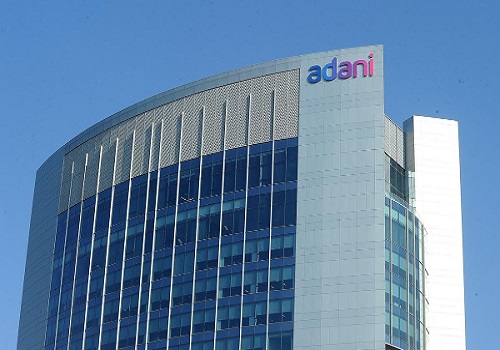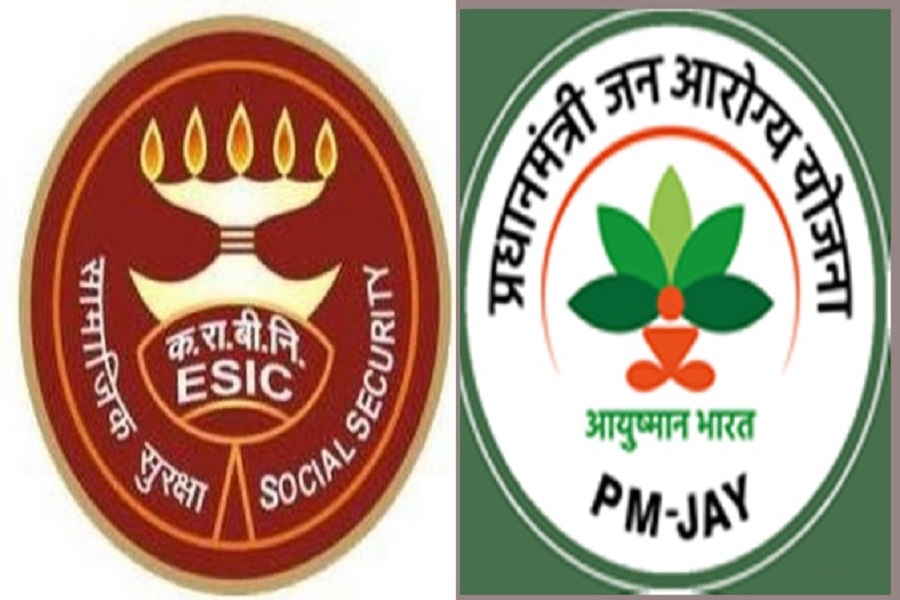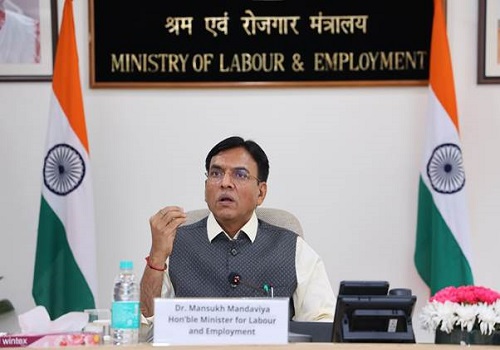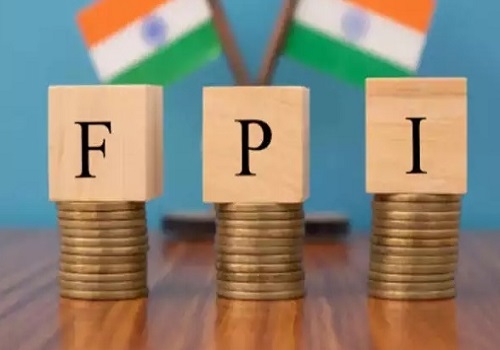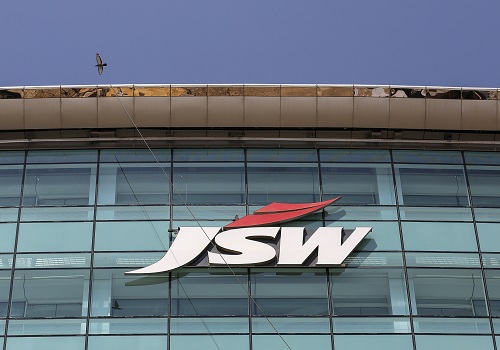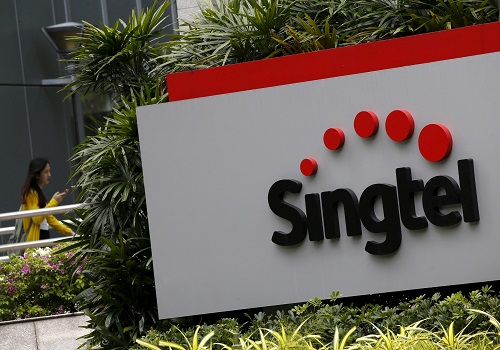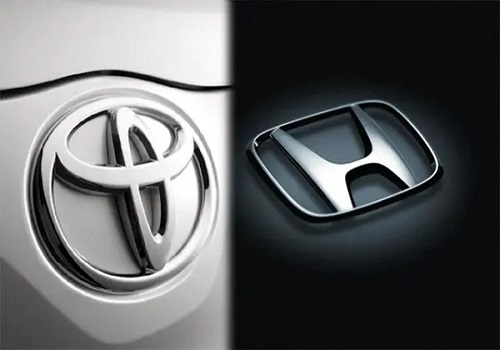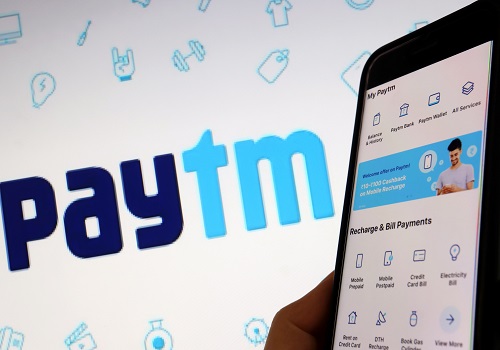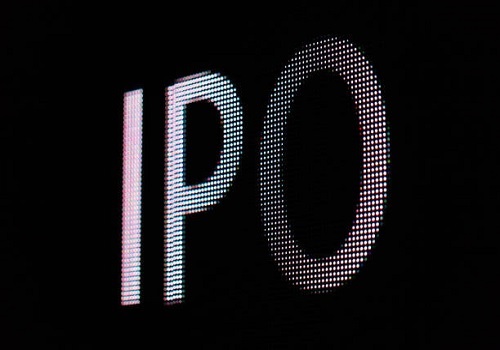Indian luxury car dealer Landmark IPO oversubscribed by threefold shares on offer

Follow us Now on Telegram ! Get daily 10 - 12 important updates on Business, Finance and Investment. Join our Telegram Channel
Indian luxury automobiles dealer Landmark Cars Ltd's initial public offering, valued at 5.52 billion rupees ($66.71 million), was oversubscribed on Thursday, but analysts still said demand was tepid.
Investors bid for 24.6 million shares by the final day of bidding, 3.1 times the 8 million shares on offer, exchange data showed.
The company had an offer for sale valued at 4.02 billion rupees and a fresh issue valued at 1.5 billion rupees. It proposes to use the amount raised from fresh issue to pay debts up to 1.2 billion rupees.
Landmark, which sells cars made by Mercedes-Benz, Jeep, Volkswagen and Renault among others, is looking to tap a growing demand for luxury cars from the country's somewhat inflation-resistant higher-end market.
The listing's retail category subscription for the listing ended at 0.59 times, with the price band of the issue fixed at 481 rupees to 506 rupees per share.
"There are many IPOs currently open and that has divided the liquidity available with the investors," Saurabh Joshi, research analyst at Marwadi Shares and Finance, said, adding the subscription number was "tepid."
Joshi said investors were missing out by not buying shares in Landmark as demand for cars are going up.
India's largest wine producer Sula Vineyards also received a lukewarm response for its IPO, with analysts noting the market sentiment was weak.
Landmark, which started off in 1998 as a Honda dealer, now has 112 outlets in eight states and union territories, adding four more brands including to expand in the fast-growing luxury car business.
Analysts tip utility vehicle (UV) volumes to grow, benefiting Landmark, whose five partners specialize in UVs, particularly sports versions.
However, brokerages have also said restrictions imposed by its partners could adversely impact its business and foil its plans to expand into new territories.


